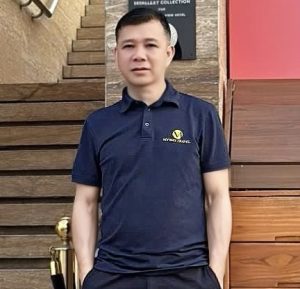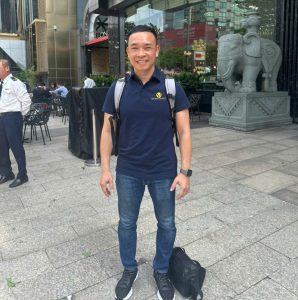Discover Punakha: Bhutan’s Historic Valley of Monasteries and Myths
Once Bhutan’s capital, Punakha is steeped in history and surrounded by natural beauty, making it one of the most captivating valleys in the kingdom.
Punakha Dzong
Set at the confluence of the Mo Chhu and Pho Chhu rivers, Punakha Dzong is Bhutan’s most picturesque fortress. Its grand exterior is matched by vibrant murals and a peaceful atmosphere within. This 17th-century marvel remains a spiritual hub and houses the country’s central monastic body during the winter months.
Crossing Dochu La
The journey to Punakha takes you over the scenic 3,116-meter Dochu La Pass, offering panoramic views of the Himalayas. The fertile valley below is known for its unique produce – fruits and vegetables rarely found elsewhere in Bhutan.
Chimi Lhakhang: Temple of the Divine Madman
A short walk through emerald rice paddies and a charming village of colorfully painted homes leads to Chimi Lhakhang. This temple honors Lama Drukpa Kunley, Bhutan’s beloved “Divine Madman,” whose unorthodox methods and humor are still revered today.
Speak to someone who's been there

Our itineraries will give you suggestions for what is possible when you travel in Punakha, and they showcase routes we know work particularly well. Treat them as inspiration, because your trip will be created uniquely by one of our specialists.
Our guides passionately explore Bhutan, seeking unique experiences, hidden gems, and gathering updated intel on top guides, hotels, restaurants, and best transport.





